Announced near the end of June, Roguebook released on Stadia and Stadia Pro on July 1st. Developed by Abrakam Studios, developers of Faeria, and Richard Garfield, the creator of Magic: The Gathering. Roguebook, published by Nacon, is a roguelike deck-builder game with exploration elements. You know we like new releases! So, let’s give Rogue book the full Stadia Review treatment!
To be honest, I have never been a major fan of deck-building games, despite enjoying some popular titles from time to time. However, thanks to Stadia Pro, I am able to try games that otherwise I wouldn’t consider. With that said, let’s open the book, build our deck, and dive into the world of Roguebook.
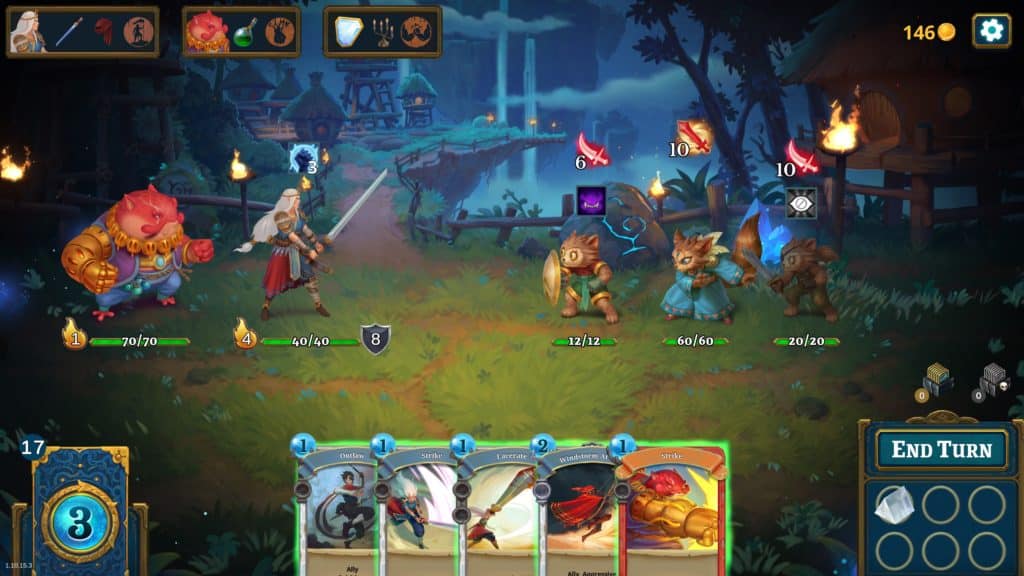
Going rogue
Right at the start of our first game, it’s clear that the main selling point is the exploration. We can explore a blank map that unlocks as we literally paint the pages of the book we need to traverse. Movement is confined to tiles in a grid, akin to games like Civilization. The initial tutorial makes it clear that strategy and optimization are key in order to get the most of our surroundings and looting the stuff we find. Paint and brushes are limited, and so may be our movements if we run out of resources.
Sprinkled across the map are hidden special tiles. Some grant more visibility, spotting secrets. Other tiles contain chests with special cards and items. Other tiles are simply the home of enemies that, upon defeat, will give us cards and resources. There are even a fair chunk of special tiles with extra stories and opportunities. Every time we lose, the game resets, and we have to start from tile one. The only thing that persist are the Skill Tree bonuses and unlockable cards that we get from leveling up our characters after each run.
Deck-building action
Combat is a whole other world. In order to play, we need to select two characters. At the start, only two are available, but more are unlocked after progressing through the chapters. Each character has a set of cards they can use. Some are more specialized to dealing damage, and others to defending. The biggest part of strategy comes from the positioning. The character in front is the one that takes damage. Some cards, specially the defense ones, change the position so said character takes the front row. This gameplay mechanic adds strategy and consideration to every turn. Some may find it annoying, especially when considering special combos. However, it’s a key component of the game and those who like a brain tease will appreciate it.
Some cards can summon allies that will help us during battle, granting more damage, protection or special effects. We can also find and attach Gems to cards, in order to get bonuses. Aside from that, while playing, we also find Pages that can unlock extra abilities, cards and more via a Skill Tree. The more cards we hold in our deck, the more abilities and bonuses we will be able to activate. There is a lot of stuff to consider and keep in mind while coming up with strategies. Those add value to the gameplay and help keep the pacing. After finishing the main campaign, New Game+ is unlocked, with more levels and extra difficulty settings.
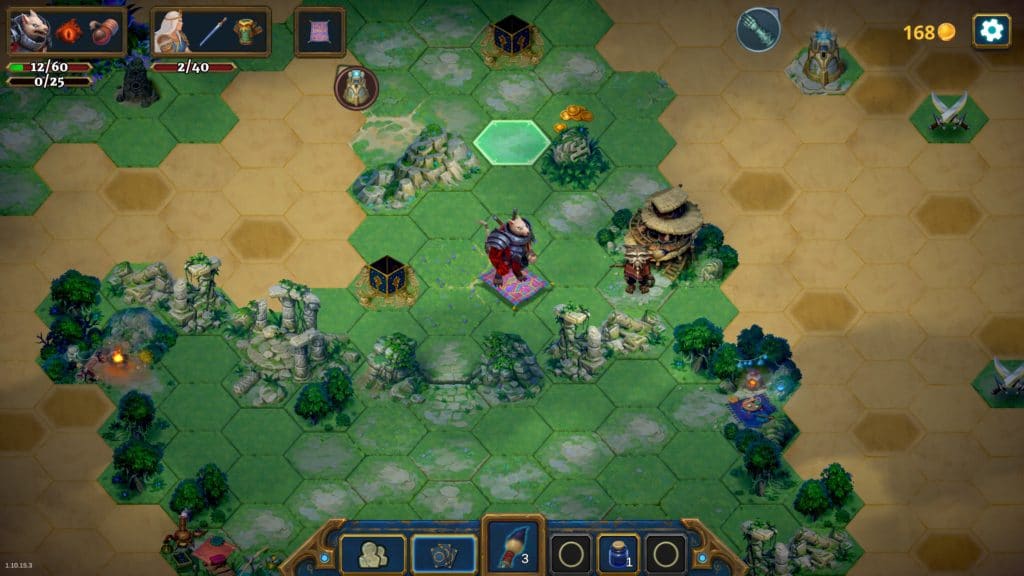
Coloring the book
At first glance, it seems that the game takes pride in its book setting, stylizing the over world to make it look like an empty page. Using paint to add color to said page makes it really look like it has been painted with a brush. However, despite these initial impressions, the characters and interactive elements don’t seem to fit. They look great, with hand drawn animations and lots of charm, especially the enemies. That said, some elements could’ve been stylized a bit better in order to emphasize the idea of being played inside a book. The menus are clean and useful, but the designs feel rather generic.
The soundtrack and sound effects can also feel somewhat generic, but don’t get in the way of the gameplay and fit the mood well enough. A very positive point is the performance. The game runs perfectly on Stadia, without stutters or glitches. The game can also be controlled well with both Keyboard and Mouse, or even a Controller. However, Direct Touch would’ve been ideal. Text size can also be an issue on small screens. Perhaps, difficulty options would help newcomers get into the game easier, especially in later chapters where the difficulty is signficantly ramped up.
Conclusion
If you’ve played and enjoyed titles like SteamWorld Quest: Hand of Gilgamech, Into the Breach or Legend of Keepers, keep an eye on Roguebook. It rewards careful planning each turn and looting extra cards and items. It can be frustrating at times, even unfair. However, once you master the mechanics and unlock skills and bonuses, the game becomes quite fun. Overall, it’s a great deck-building game with a great presentation and quite a fun time-sink.
Roguebook is available on the Stadia Store for $24.99 USD, or claimable with Stadia Pro at no additional cost. Let us know what you think of this Roguebook review in the comments!
Roguebook
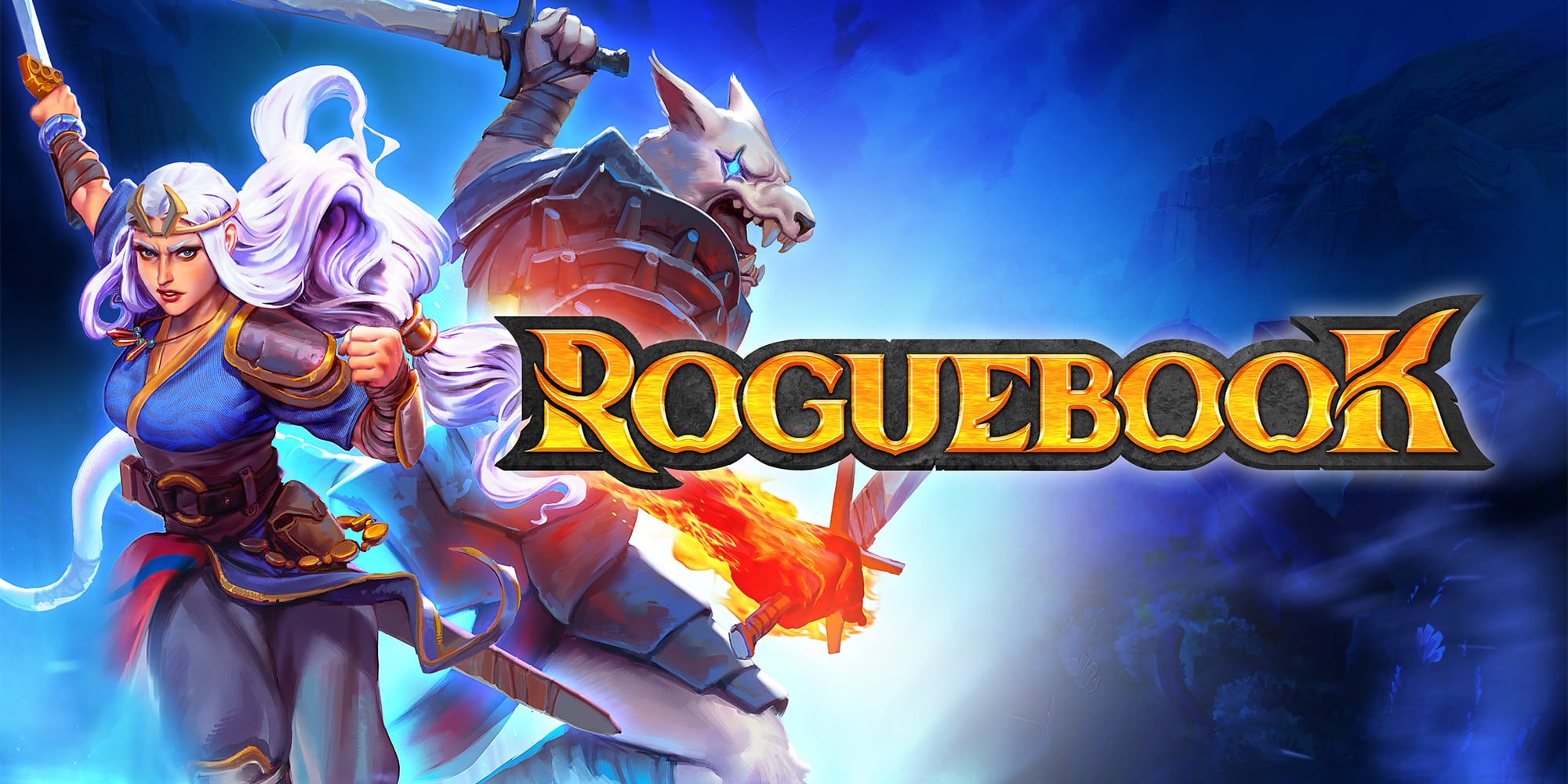
Summary
Developed in collaboration between the developers of Faeria and the creator of Magic: The Gathering, Roguebook grants a rewarding deck-building game with rogue like elements and a charming presentation. Those who enjoy a great challenge with strategy elements will enjoy it.

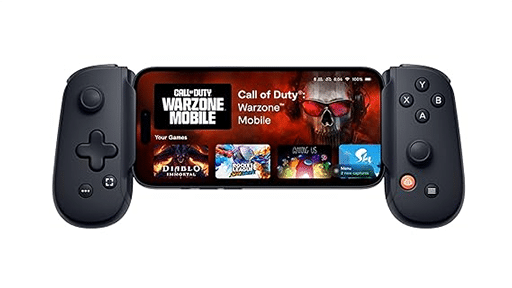
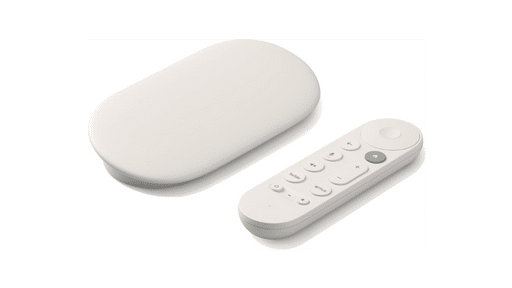
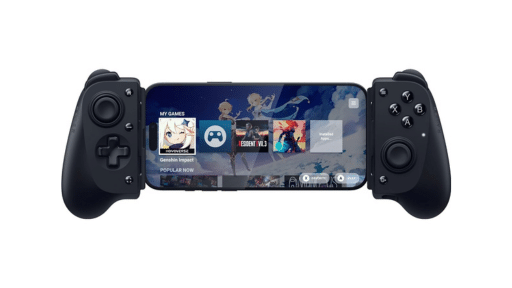
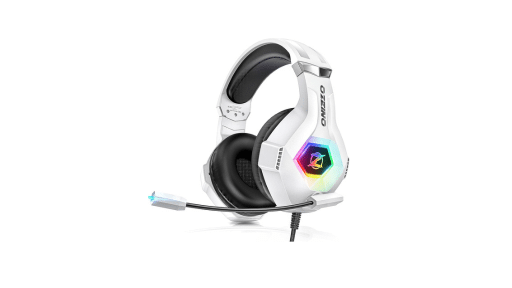
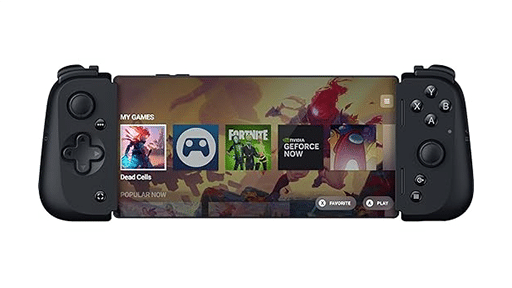
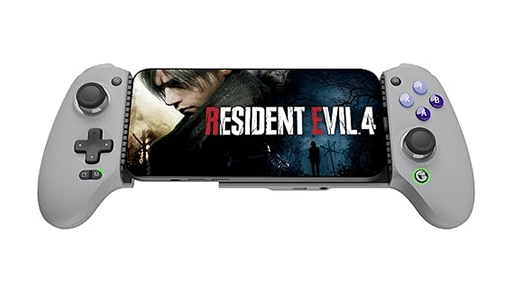
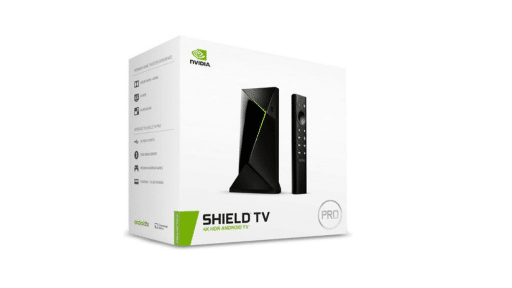

Been playing Hearthstone for years. Was really hoping for direct touch as you mentioned. Ideal for this genre of games. Will try it sometime in the future.
Great review. Enjoye dplaying this on PC the most. Quite enjoyable on my phone but i did struggle reading the cards on my pixel 6 pro.